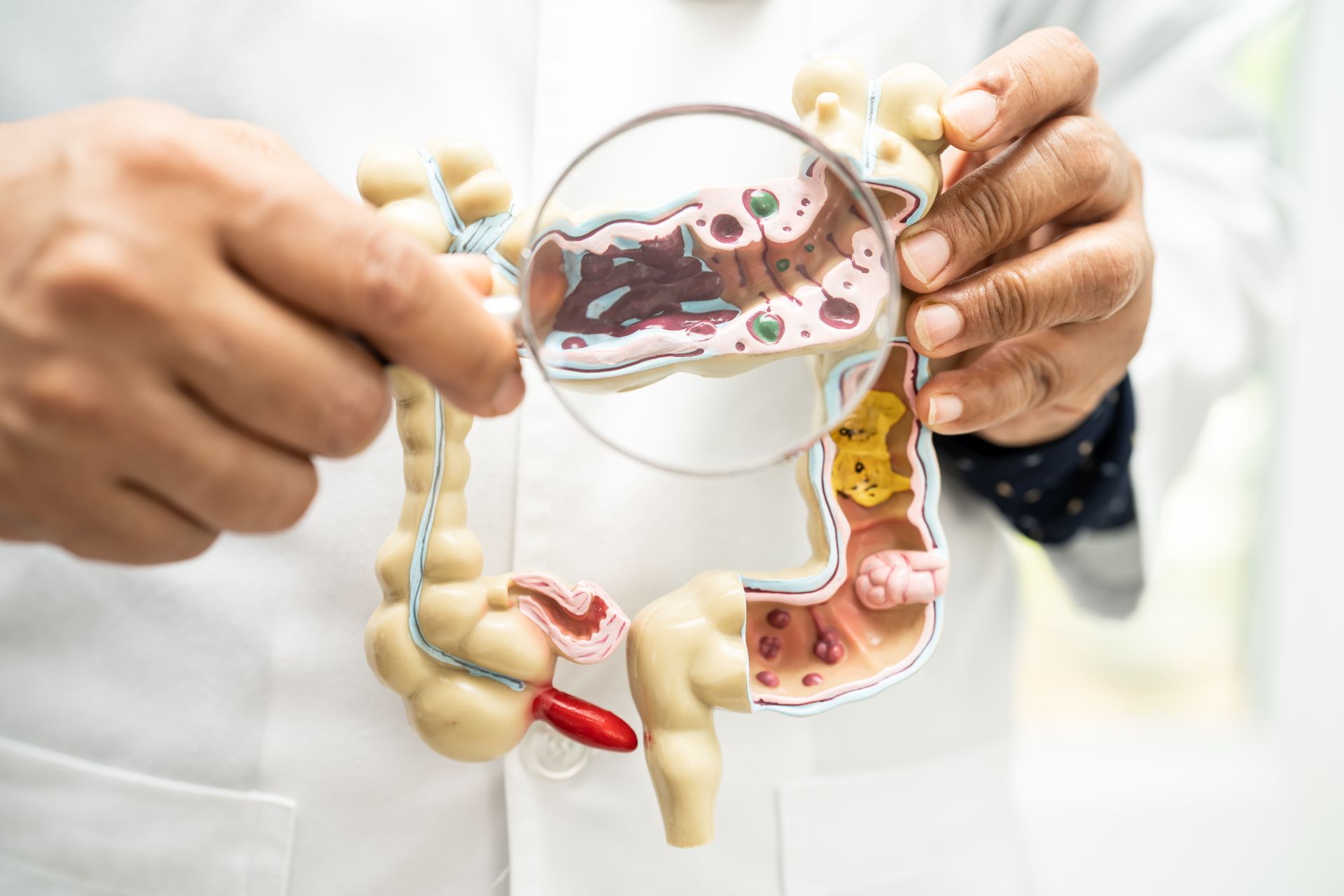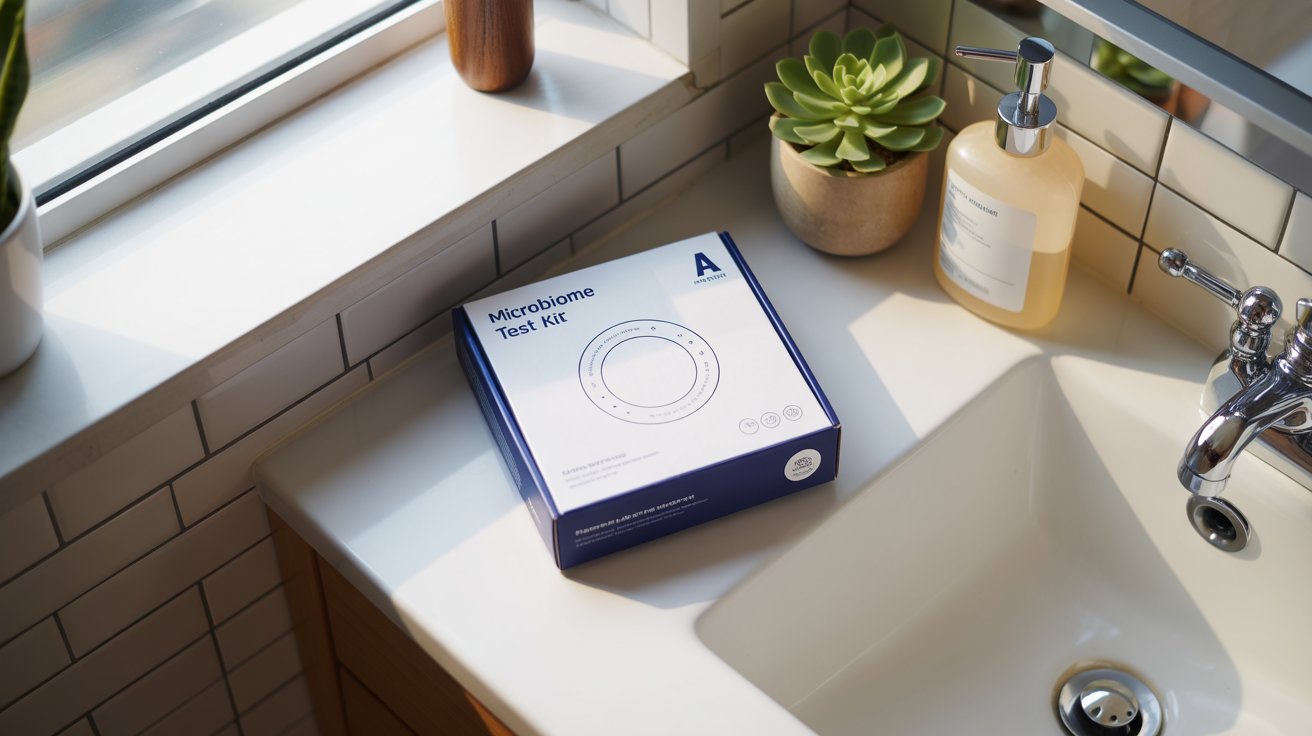Have you ever had a “gut feeling” about something—and been right? Or maybe you’ve felt butterflies before a big moment or a stomach ache during stress? These aren’t just quirky metaphors. They’re real signs from a fascinating network inside you called the enteric nervous system.
Your Gut Has a Mind of Its Own
Often dubbed your second brain, the enteric nervous system (ENS) lives inside your gut and quietly runs the show when it comes to digestion, mood, and more. It doesn’t ask permission from your brain. It just gets to work.
Understanding how this little-known system works can totally change the way you think about your gut—and your health. So let’s take a peek inside and see what your belly’s been up to all this time.
What Is the Enteric Nervous System?

The enteric nervous system is a vast network of neurons woven into the lining of your digestive tract, from your esophagus all the way down to your colon. It’s part of your autonomic nervous system, but here’s the kicker: it can act independently of your brain and spinal cord.
In fact, the ENS contains over 100 million nerve cells—more than your spinal cord. That’s why scientists often call it the second brain. But unlike the brain in your head, the ENS isn’t thinking about your taxes or planning your next vacation. It’s laser-focused on managing your digestion.
From sensing what you’ve eaten to helping your gut contract, absorb, and eliminate, the ENS is the behind-the-scenes expert making sure everything flows—literally.
How the ENS Keeps Digestion on Track
Imagine eating a meal and having every stage of digestion—chewing, swallowing, breaking down, absorbing nutrients, and eliminating waste—run like clockwork without you thinking about it. That’s the enteric nervous system in action.
It starts by detecting what kind of food is in your system and then kicks off a cascade of reactions. It controls muscle contractions that move food along, tells glands to secrete digestive enzymes, manages blood flow in your gut, and even signals the immune system if something’s off.
All of this happens without a conscious thought. The ENS is constantly gathering information, making adjustments, and working 24/7 so you can eat, digest, and feel good.
The Gut-Brain Connection Is Real

You might be wondering, if the ENS can work alone, how does it stay in sync with the rest of your body?
That’s where the gut-brain axis comes in. This is the communication superhighway between your brain and your gut—mainly via the vagus nerve. It allows your ENS and central nervous system to exchange information constantly.
But here’s what most people don’t realize: around 90% of the messages go from the gut to the brain, not the other way around.
That’s why your mood, sleep, and even decision-making can be influenced by your gut health. If your ENS is inflamed or out of balance, those stress signals can travel upward and affect your mental state. It’s a two-way street, but your gut does most of the talking.
Can the ENS Think on Its Own?
It’s not reading novels or solving math problems, but in its own way, yes—the ENS “thinks.”
It processes information, responds to stimuli, and makes reflex decisions that affect how food moves through your digestive tract. This makes it capable of independent action, which is pretty rare for a system outside the brain.
In many ways, the ENS acts like a local control center for your digestive system. It knows when to speed things up, slow them down, or call in help from other systems. It’s not conscious thought—but it’s complex, intelligent, and deeply important.
What Disrupts the ENS?
Your ENS might be powerful, but it’s also sensitive. And the modern world throws a lot at it.
Chronic stress is one of the biggest culprits. When you’re anxious or overworked, your body shifts into fight-or-flight mode, which can suppress digestion and confuse the ENS. That’s when you might experience stomach cramps, bloating, or sudden urgency after eating.
Diet plays a big role too. Highly processed foods, excess sugar, and artificial additives can throw off the delicate balance of gut bacteria that support ENS health. This can lead to inflammation, sluggish digestion, or conditions like IBS.
Lack of sleep, certain medications (especially antibiotics), and even poor hydration can also make your ENS less efficient and more reactive. If your gut feels like it’s “off” more days than not, your ENS could be sending out an SOS.
How to Support Your ENS Naturally

Supporting your enteric nervous system doesn’t have to be complicated—it’s more about consistency than perfection.
Start with real food. Fresh vegetables, fiber-rich fruits, healthy fats, and fermented goodies like yogurt or sauerkraut help feed your gut microbiome. And since the ENS and microbiome are best friends, anything that supports your good bacteria also supports your second brain.
Then, find ways to manage stress. You don’t need a 90-minute yoga session or a perfect meditation routine—just take moments to breathe deeply, walk outside, laugh, or talk to someone. Stress relief doesn’t have to be fancy; it just has to be regular.
And let’s not forget about sleep. When you’re rested, your entire nervous system—including your ENS—performs better. Aim for quality sleep and try to keep a steady routine.
Some people also benefit from specific probiotic supplements, but it’s best to talk to a healthcare provider or gut health expert before starting any new regimen. The goal is to support your unique system—not overwhelm it.
ENS-Linked Conditions You Should Know About
When your enteric nervous system gets disrupted, the symptoms can range from annoying to downright exhausting.
Conditions like Irritable Bowel Syndrome (IBS) are often tied to ENS dysfunction, particularly when there’s a miscommunication between your gut and brain. Symptoms might include bloating, gas, cramps, and irregular bowel habits.
Other issues like gastroparesis—where the stomach muscles slow down—or functional dyspepsia, which causes chronic upper stomach discomfort, may also be linked to ENS problems.
If you’ve been dealing with gut issues and traditional treatments haven’t helped, it might be worth digging deeper into how your ENS is functioning.
Your Mood Might Depend on It

This might surprise you: about 95% of your serotonin—the neurotransmitter that stabilizes mood—is made in the gut. So when your ENS is out of whack, you might not just feel it in your belly. You might also feel it in your mind.
This is one reason why improving gut health has been linked to reduced anxiety, better sleep, and improved emotional balance. The ENS plays a major role in how your body produces and processes those all-important brain chemicals.
So yes, a healthy gut can mean a happier you. It’s science—and it starts with supporting that smart little system inside your belly.
Your Gut: More Than Just Digestion
The enteric nervous system is your gut’s command center, running an entire operation without bothering your brain. But it’s not just about digesting food. It’s about balancing your mood, communicating with your brain, and supporting overall health in ways you probably never imagined.
When you take care of your ENS—through mindful eating, stress management, good sleep, and perhaps a little fermented flair—you’re investing in more than just digestion. You’re investing in your full-body wellness.
So next time your gut says something? Listen. Your second brain is speaking.















